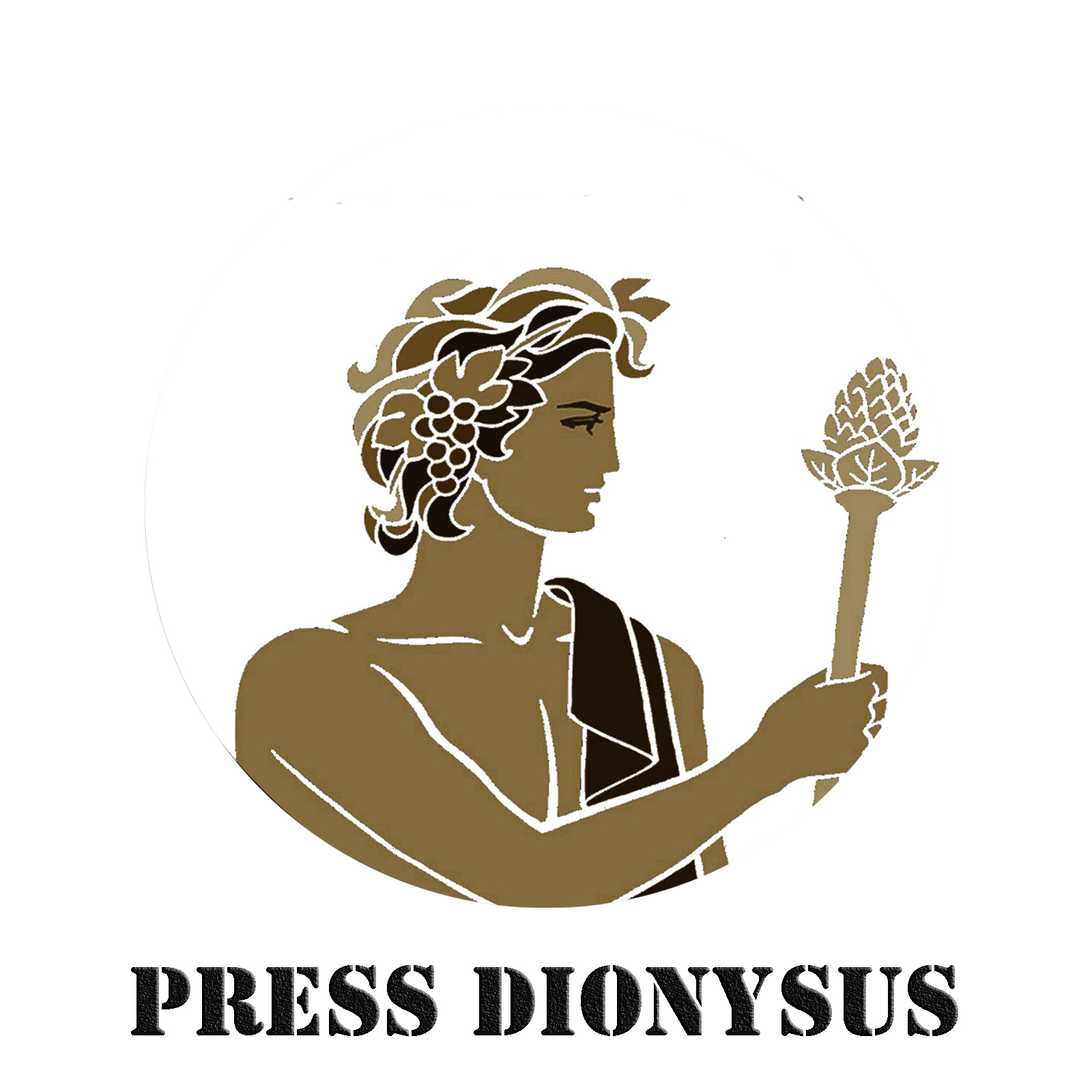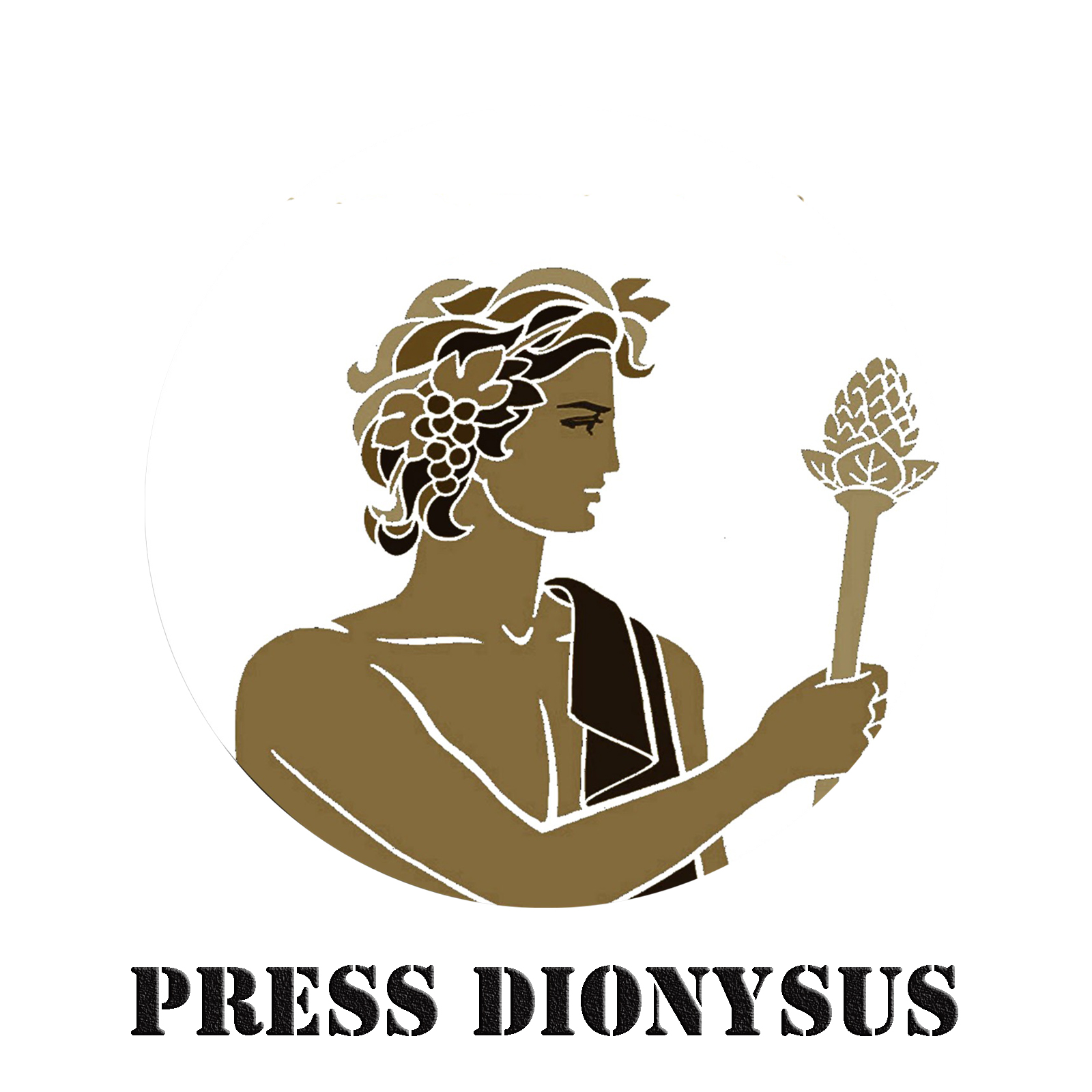Longish short stories in which the reader travels back and forth, to and from London, in a stream of consciousness
Kazim Altan’s short stories have been published in a book entitled ‘Pantelis’. Originally from Cyprus, Kazim is an educationist and lives in London. He has pledged the profits from the sales of Pantelis to the Hospital of Mental and Emotional Well Being in Lefkosa. Here, we talk to him about his book.
Tuncay Bilecen
Kazim Altan’s trilogy entitled Pantelis weaves several stories within the three main titles. In these, the reader encounters the struggle of immigrants in a strange country, their feelings of estrangement, disappointments, loss, upset and of course, love.
Your book Pantelis has been published recently. Can you tell us a bit about your experience in putting this book together?
I have always enjoyed writing. But writing is time-consuming and had to be shelved for a long time. Life is a struggle. At 18, I left Cyprus for London. Gaining proficiency in English, absorbing the culture of the country I now live in and blending it with our own was a challenge many of us took on. Added to this was the struggle for academic achievement, for making a living and the voluntary community work I felt, had to be done
Writing is an art but requires research skills for it to be meaningful. It is also a lonely preoccupation. For a while, I wrote without really understanding the skills of storytelling. I read books on creative writing and tried to decipher the craft used in other works. Then I decided to join a writing group and test the effectiveness of my scribbles. People were reading out their pieces and getting feedback. When my turn came, I read the first paragraph of Pantelis. The group members asked me to read on and I felt encouraged. I also realised that my style of writing was different. Switching from ‘telling’ a story to showing it was a challenge too and a trap many writers fear. The way I read books changed. I no longer just followed the plot but also studied the techniques of structuring the plot of showing the background and the events. In this rather steep learning curve, Pantelis became too long, so I decided to split the story into two and later on added a third one to it. I feel that writing is a bit like bricklaying. Carefully laid, they withstand the passage of time.
Pantelis is the first of the trilogy. In it, we witness Pantelis’ moving story of migration and loss. You are a Cypriot writer. Is the character Pantelis a real person? Could you tell us a bit about Him?
Pantelis is the offspring of a Greek Cypriot woman and a Turkish Cypriot man. But he could have been the love child of a Turkish Cypriot woman and a Greek Cypriot man. I am sure we all know many couples who disregard differences and decide to share their lives.
But Pantelis is more than a tragic love story. It is also about the lives of migrants trapped between material need and loss of identity and culture in a foreign land. Combining two different cultures is always a struggle as is earning enough on a minimum wage. I believe the universality of Pantelis’ character resonates. It makes him feel real.
Yo have pledged the profits of Pantelis to Lefkosa Sinir ve Ruh Hastanesi, (The Hospital for Mental and Emotional Well Being in Lefkosa) In Pantelis; mental illness is one of the main themes that bind the three stories. Can you tell us why you chose this theme?
As in many societies, in Cyprus, too, mental illness is a stigma and families affected by it are keen to keep it a secret. And yet, research shows that one in six people are affected by mental illness at some point in their lives. In war-torn countries, and this includes Cyprus, this ratio is much higher. I have encountered friends in higher education, at the Lycee in Cyprus and in my language classes among learners young and old who managed to escape unimaginable trauma in their wartorn countries.
In Cyprus, to my knowledge, there isn’t an association equivalent to mind, which can provide support for individuals and families affected by mental illness. I hope that the donation from the profits of this book can be used by this institution to set up a voluntary service to support such families.
Working through the topic of mental wellbeing was not easy. But it was interesting. The suffering displayed in the book is not chic. But living it through the characters of Gillianne and Patryk, and their family and friends could be informative for a lot of us.
‘Pantelis’ A trilogy by Kazim Altan is published by Press Dionysus and may be obtained from Fieldseat Café. (665 High Rd, Tottenham, London N17 8AD) and from https://pressdionysus.com/product/pantelis/ (info@pressdionysus.com).
About ‘Pantelis’, a trilogy.
Pantelis is the first of the trilogy on mental illness. In it, the character Pantelis wades through his life, back and forth, between London and Cyprus, in a stream of consciousness, within a socio-historical setting. The second story is Gillian’s; the third is Alek’s. Each story, complete in itself; is also interlinked with the others. Characters who ‘wink’ at the reader in one story, are developed in the next. As their tragic lives enfold, they recount the same events from their own points of view.
In Pantelis, we experience diligence, in Marianne, grace and sensitivity. In Patryk, we strive to understand the causes of the seemingly ‘irrational behaviour’ of a perfectly rational, intelligent man.
Kazim says, ‘‘In this book, I aimed to develop what I hope are universal characters who experience the joys and woes of life and freely display their frailties and human qualities. Weaving stories is an art. Exhibiting events feelings and strong emotions in a story is a craft. Through the process of learning the craft, I experienced change and continuous enrichment, a renewal of myself. Editing, on the other hand, taught me that quality rather than quantity is key to effective writing. I hope you enjoy reading the stories as much as I have enjoyed writing them.’
Research shows that there is a tendency in all of us to hide Mental illness to avoid being labelled. Kazim believes that as a community, we need to accept that mental illness is capable of striking any one of us at some point in our lives. It is as ‘normal as having a common cold.
He pledges the total of the proceeds, minus publisher’s rights, from the sale of ‘Pantelis’ to the ‘Hospital for Mental and Emotional Wellbeing’ in North Cyprus in the hope that they may support the establishment of voluntary organisation with a brief of supporting the family and friends of people afflicted by this illness.
Resource: londragazete.com


